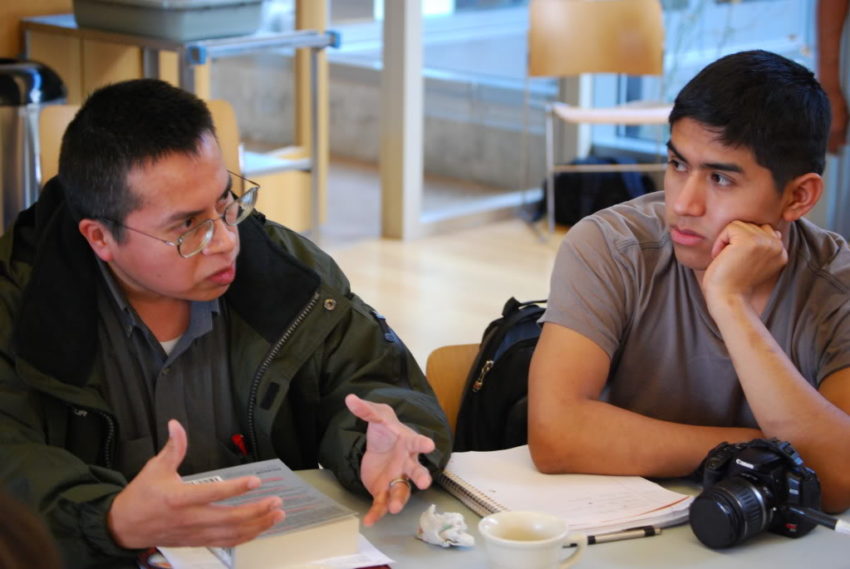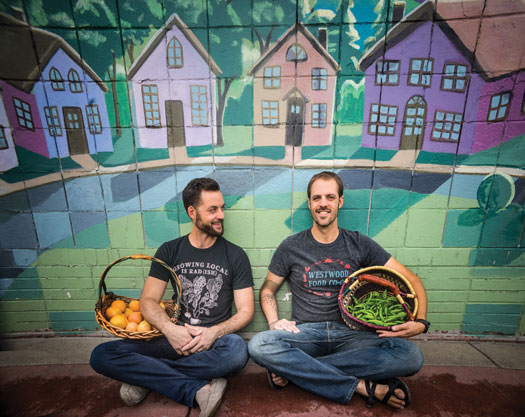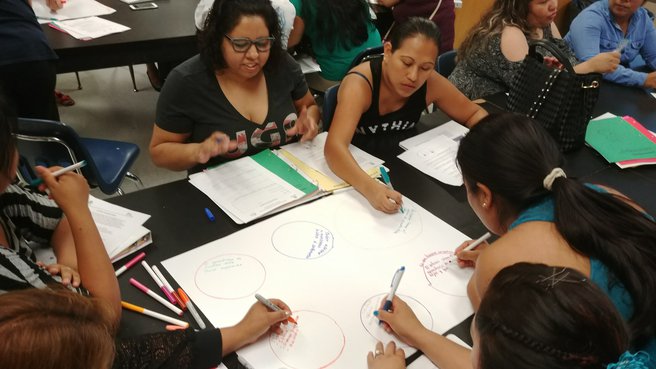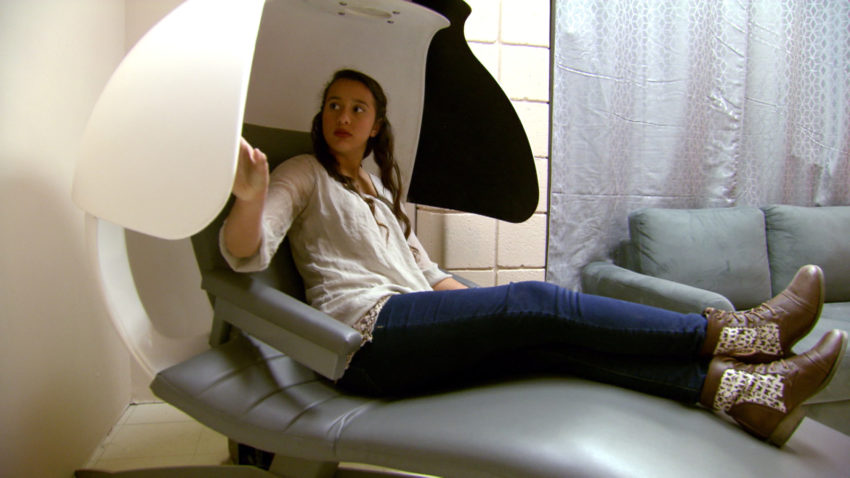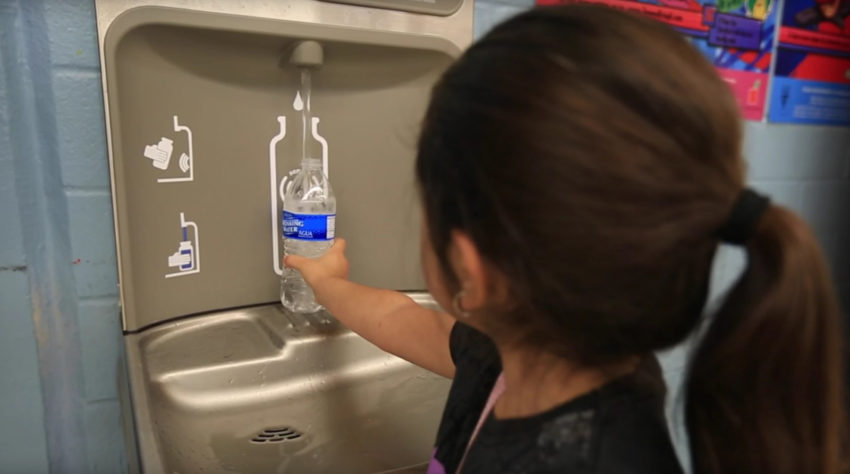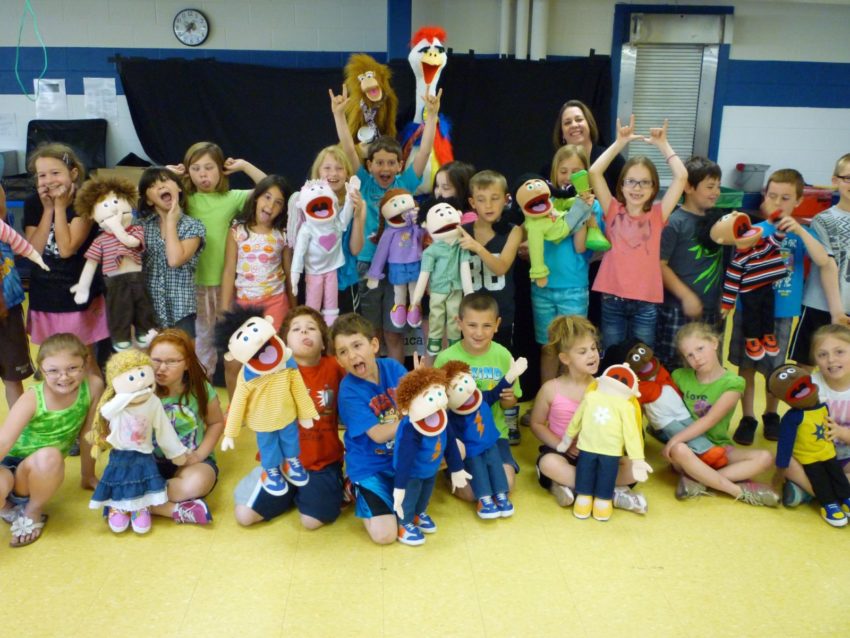‘1 in 5 Minds’ Campaign Urges Sharing Stories to Bust Childhood Mental Health Stigma
"Will they think I’m crazy? Will they think my child is crazy?" Parents and kids worry what other people will think if they talk about childhood mental health issues. Negative stigma often keeps them from seeking help. This isn't news to Michele Brown, vice president of marketing and development at Clarity Children’s Guidance Center in San Antonio, Texas (63.7% Latino). Brown knows the shocking stats all too well: 1 in 5 kids suffer from mental illness. Of those, only 1 in 5 receives treatment. These stats spurred Clarity's "1 in 5 Minds" campaign to share stories, counter mental health stigma, and boost support, Brown said. The Problem of Mental Health Stigma Stigma is when someone, or even you yourself, views a person in a negative way just because they have a ...
Read More
